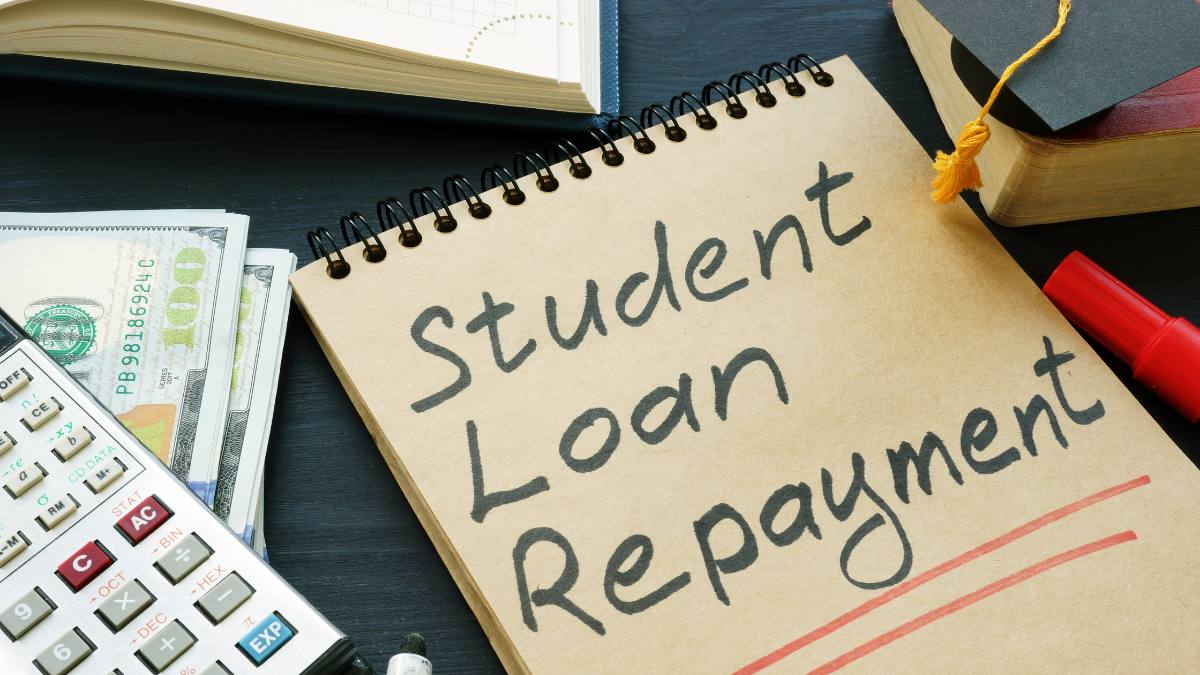When it comes to student loans and Social Security, the connection may surprise you. Older Americans are increasingly retiring with student loan debt (around 7.3 million carry student loan debt)—either their own or debt taken on for their children—and in some cases, it can affect their Social Security income. Here, financial experts explain how student loans impact Social Security benefits, and the smart steps you can take to protect what you’ve earned.
How student loans can affect your Social Security checks
If you still have student loans when you retire, it may impact your Social Security benefits, but only under certain circumstances. “Specifically, if you have federal student loan debt and are in default, the government can withhold a portion of your Social Security benefits to repay the loan,” says Brian Safdari, founder and CEO at College Planning Experts. “This is known as a ‘Social Security offset.’”
According to NerdWallet, a loan defaults if you do not make the payments outlined in the contract. This happens when payments are about nine months or 270 days past due for federal loans.
Janeil Pierre, MBA, an accredited financial counselor and board-certified credit consultant, adds that carrying student loan debt into retirement is becoming normal. Still, your loans will not impact your benefits if they are in good standing.
How much of your Social Security can be withheld?
The government can withhold up to 15 percent of your Social Security benefit, but they have to leave you with at least $750 per month—a threshold that hasn’t been updated in years, explains Paul Miller, CPA, founder at Miller and Company, LLP. This can dent your retirement savings, especially if you’re already on a tight budget.
Remember that your benefits will remain untouched if your loans are private, in good standing, in deferment, under an IDR plan or in forbearance.
3 ways to protect your Social Security from garnishment
If you want to protect your benefits, there are simple strategies you can use to keep more of your money. These include:
Apply for a Disability Discharge if eligible
Not able to work to earn an income? Pierre suggests applying for Total and Permanent Disability Discharge. This would cancel your federal student loans, including those that may be subject to garnishment.
To qualify for TPD Discharge, Safdari notes you must provide documentation of your disability, which could include medical records, or have been receiving Social Security Disability Insurance (SSDI) or Supplemental Security Income (SSI) benefits for a certain period (typically 24 months). If the discharge is granted, the garnishment on your Social Security payments could immediately be stopped.
Income-driven repayment plans

Under an Income-Driven Repayment Plan, your monthly payment is based on your income and family size. “These plans could lower your monthly payments to a more manageable amount, which could stop or reduce garnishments,” says Safdari. He adds that it can even reduce the garnishment amount or eliminate it altogether if your payment under an IDR plan is very low.
Rehabilitate your loan
This is a program that allows you to work with your loan servicer to get your loans back on track. After completing a set number of monthly payments (usually nine for federal student loans), the garnishment can be stopped, and your loan can be returned to good standing.
Safdari says this option can help you avoid further garnishment by showing a good-faith effort to repay your loan.
The bottom line
“Borrowers concerned about the possibility of Social Security benefits being garnished should act promptly and seek assistance from a professional, such as a student loan counselor or financial advisor, to determine the safest course of action,” says Pierre. This is especially important if they depend on those benefits.






